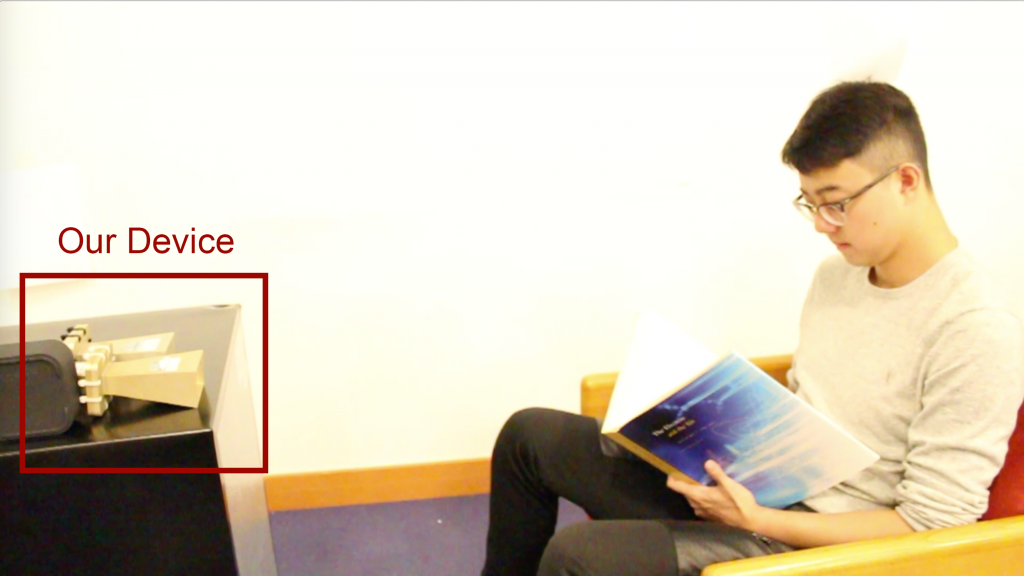If your worst nightmare is not being able to hide your emotions, we have bad news, coming from MIT, the Massachusetts Institute of Technology in Boston, EQ-Radio. A small and apparently harmless gizmo, which however has the ability to detect the most subtle changes in your heart and respiratory rhythm. The result? By storing data on data and giving a precise profile, it can determine your emotional state. Are you sad, happy, excited, angry or simply indifferent? It won’t be a secret for long. EQ-Radio has an 87% chance to match your mood, your emotional status. All this thanks to simple wireless waves, able to detect the smallest variations of your rhythms without the aid, often prohibitive, sensors or other accessories. n system different from the one already tested by Microsoft with Emotional API, with which you made a sort of mapping of the muscle movements of the face to get information on the mood of the subject. In this case, however, there are no calculations on external mechanical actions, which, according to Microsoft, reach an accuracy of up to 70%. Less, however, than the current project, for which you just point the device at a guinea pig and you’re done.
The authors of the innovative project are Mingmin Zhao, PhD student at MIT, associate professor at the American institute Fadel Adib and lecturer and project leader of EQ-Radio, Dina Katabi, former director of the MIT Computer Science & Artificial Intelligence Lab (CSAIL), but how does it work specifically? The ability of the emotion radar is to store information about the rate of signal exchange in the order of millesimal fractions of a second, such as the opening and closing of heart valves. It is therefore a suitable tool not only for detecting changes in mood but also for real medical investigations, in calculating any arrhythmias or cardiac anomalies. From Boston, they say that a wide variety of options are currently being considered. One of these could be in the advertising field. What if we knew in advance if a picture or a commercial causes anger, sadness, happiness or simply nothingness? Even more: what if it would happen during a business meeting? The questions are legitimate, that’s why there’s already noise about possible limitations or regulation of the use of the radio sensor, which can only be used in areas where privacy is not affected.
